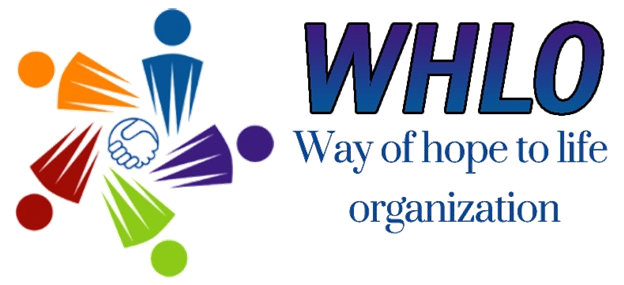WASH is an acronym that stands for water, sanitation and hygiene. These programs are paired because each one impacts the others. Lack of sanitation through proper latrines or toilets can lead to contaminated water. Lack of clean water can impair hygiene. Lack of clean water, sanitation and hygiene leads to health issues like intestinal infections, cholera and other illness than can lead to death.
At Afghanistan, we believe everyone has the right to clean, drinkable water. This belief drives us to fund water access projects all over the country that include digging water wells, establishing and refilling water tanks and support water stations in areas of need.
It also drives us to provide sanitation and hygiene solutions, like proper latrines, hygiene kits and education to help fight against illness.
If you share this belief, join us in providing safe, clean water, sanitation and hygiene to people in need around the world.
You are an important part of the solution. Without your generous donation, we would not be able to dig wells, establish and refill tanks, build latrines and provide hygiene solutions.
Health, Nutrition & Water, Sanitation and Hygiene (WASH)
Maternal and child health and nutrition, as well as water, sanitation and hygiene interventions are vital components in WHLO food security programs. Our work increases access to diverse and nutritious foods and improves care and feeding practices for at-risk groups such as children under five years of age, pregnant and lactating women and adolescent girls. We work hand in hand with local governments and the private sector to improve the quality of and access to services for family planning, maternal and child health, the prevention and treatment of malnutrition. Improved access to clean water – coupled with improved hygiene and sanitation practices – is an essential component of our efforts to improve health and nutrition outcomes globally and these are often integrated into food security programming.
Health supplies support
Health supplies provision is the primary support done for those people affected with conflict and natural disasters. Because of these conflict and natural disasters, many people were exposed for the health problems.
To reduce their suffering, the organization supported more than 3000 Children and their families through health supplies and food stuffs. The benefiaries of these supplies were refugees, returnees, IDPs and host communities.


